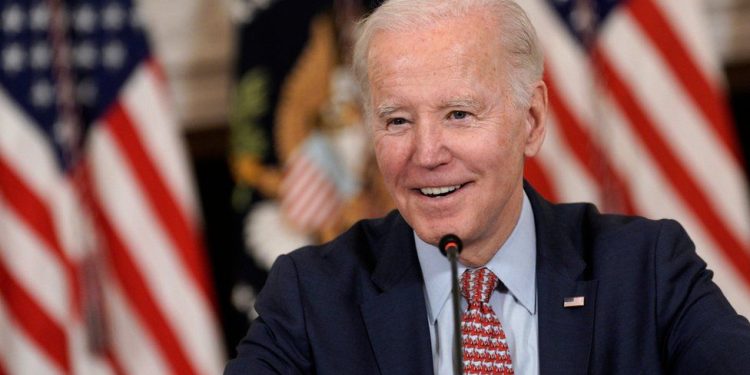Hunter Biden’s defense lawyers previously assured prosecutors that they would call President Biden as a witness for the defense if his son faced criminal charges.
In October 2022, Hunter’s attorney at the time, Chris Clark, conveyed this stance in a letter addressed to prosecutors. This occurred shortly after news emerged that the Justice Department possessed enough evidence to potentially proceed with an indictment against the president’s son.
In the 32-page letter obtained by Politico, Clark asserted that if the DOJ were to bring charges related to Hunter’s alleged acquisition of a firearm while grappling with cocaine addiction, President Biden would indeed testify as a fact witness for the defense.
Clark, who recently withdrew from Hunter’s legal team, cited concerns about the leak of the document to Politico. The exact reasons behind his decision to withdraw remain uncertain.
Hunter entered a plea of not guilty to federal tax and gun charges in late July after a previous plea agreement collapsed. The earlier deal was widely criticized by Republicans as overly lenient.
In the letter, Clark strategically employed the possibility of President Biden’s testimony to discourage the DOJ from pursuing prosecution. He argued that proceeding with a criminal trial would force the President to testify in a manner conflicting with his own Justice Department, potentially leading to a “constitutional crisis.”
Clark’s withdrawal as Hunter’s attorney was notably influenced by the potential of being summoned as a witness.
Citing the Delaware Rule of Professional Conduct, he explained that a lawyer should not serve as an advocate in a trial where they are likely to be a necessary witness, unless disqualification would impose significant hardship on the client.
Recent developments suggest that negotiations and drafting of the plea and diversion agreements would be contested, and Clark is a relevant witness to those issues, as per the withdrawal filing.
Under the terms of the proposed plea deal, Hunter was anticipated to plead guilty to two misdemeanor tax counts for willful failure to pay federal income tax. This agreement aimed to enable him to avoid jail time on a felony gun charge.
However, Judge Maryellen Noreika of the United States District Court for the District of Delaware declined to accept the deal, expressing concerns about its constitutionality and divergent nature from the norm.
 Telegram is where we really talk. Don't miss out!
Telegram is where we really talk. Don't miss out!






